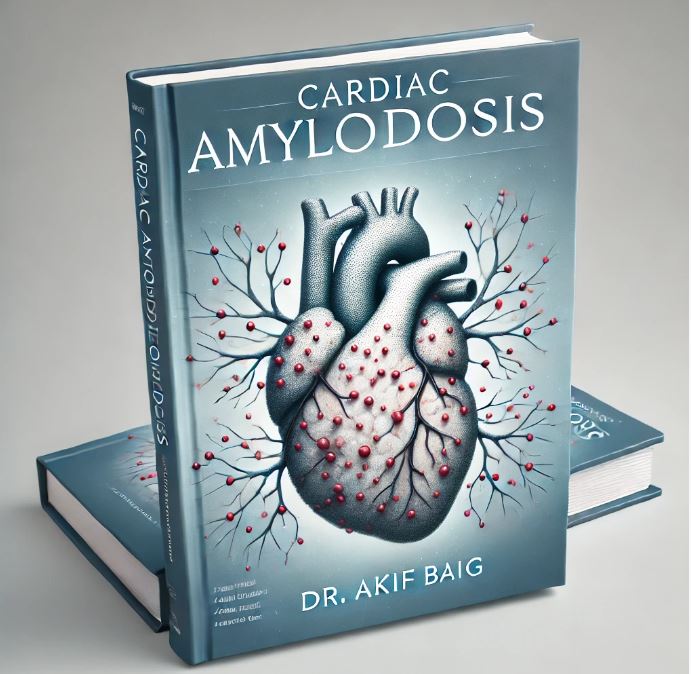Description
AMYLOIDOSIS
Group of protein-folding disorders in which >1 organ is infiltrated by proteinaceous deposits known as amyloid
The deposits are derived from 1 of several amyloidogenic precursor proteins, and the prognosis of the disease is determined both by the organ(s) involved and the type of amyloid
Amyloid involvement of the heart (cardiac amyloidosis) carries the worst prognosis of any involved organ, and light-chain (AL) amyloidosis is the most serious form of the disease





Reviews
There are no reviews yet.